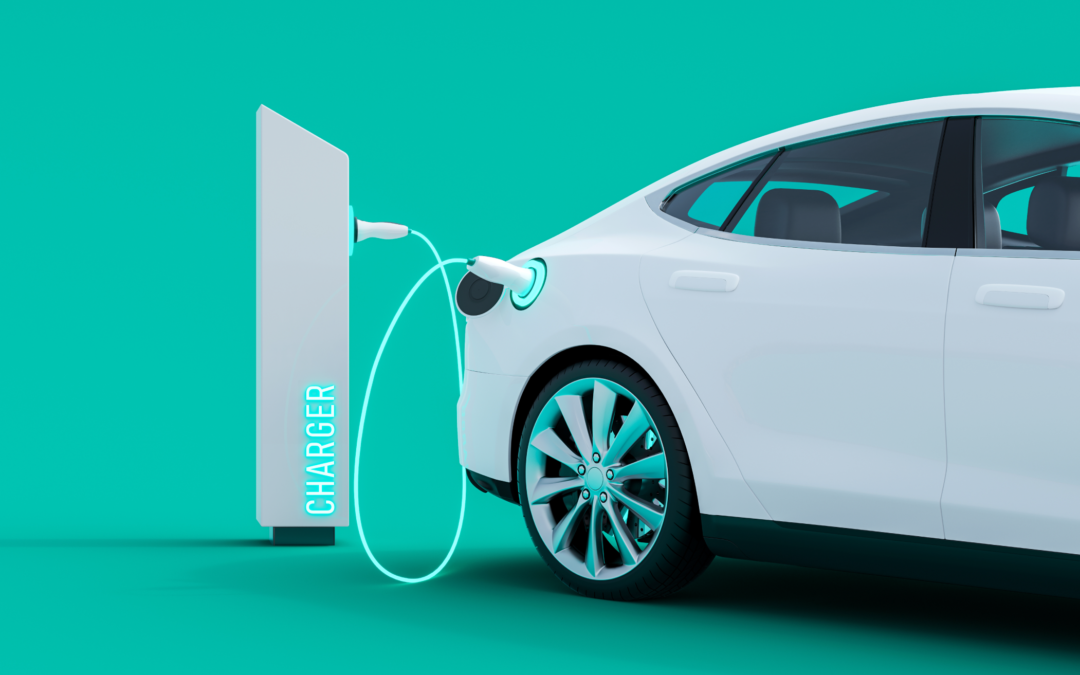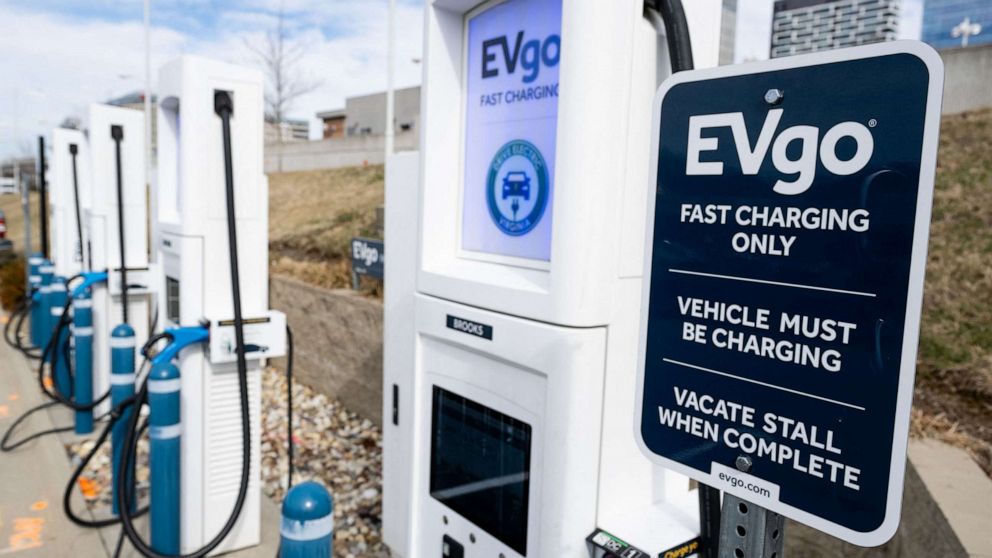New Advancement in EV Charging: Exactly How the Market Is Developing to Meet Need
As the electrical automobile (EV) market remains to broaden, the charging facilities is undertaking significant improvements to attend to the rising demand. Key developments in ultra-fast charging modern technologies, coupled with wise grid combination, are reshaping the landscape. Developments in battery modern technology assurance enhanced performance and sustainability. Nonetheless, the search of international charging requirements continues to be a vital variable in enabling smooth customer experiences and widespread fostering. The effects of these improvements increase essential inquiries regarding the future of EV billing and its role in the more comprehensive power community.
Development of Billing Infrastructure
The fast development of electrical vehicle (EV) charging framework is a crucial element in promoting the widespread adoption of electrical flexibility. As governments, private business, and consumers significantly identify the importance of decreasing carbon discharges, financial investments in billing networks have surged. This infrastructure growth is necessary to ease array anxiousness, making certain that EV users have hassle-free accessibility to billing stations.
Significant innovations accountable station innovation and implementation methods have actually arised. Urban locations are seeing a proliferation of public billing stations, while country areas are progressively being incorporated right into the charging network. Collaborations in between automobile producers and charging providers are becoming extra typical, helping with the establishment of thorough networks that improve individual experience and accessibility.
In enhancement, the combination of renewable power sources into billing stations is obtaining momentum, advertising sustainability in the EV environment. This shift not only sustains environmental goals but additionally lines up with the climbing demand for environment-friendly energy solutions among consumers.
Ultra-Fast Charging Technologies
Ultra-fast charging modern technologies stand for a considerable jump ahead in the EV billing landscape, allowing electric lorries to reenergize in a portion of the moment compared to typical charging techniques. These innovations commonly deliver power levels exceeding 150 kW, with some systems rising to 350 kW or more, substantially lowering charging times to as low as 15-30 mins for a considerable cost.
Key allowing modern technologies include developments in battery chemistry, power electronic devices, and thermal management systems. High-capacity batteries with enhanced thermal stability enable for faster billing without overheating. EV Charging news. Additionally, advancements accountable infrastructure, such as liquid-cooled cable televisions and modular billing terminals, help with reliable power transfer, enhancing the total individual experience
Significant auto producers and innovation companies are proactively purchasing ultra-fast charging networks, recognizing the important duty they play in conquering variety stress and anxiety and speeding up the fostering of electrical automobiles. As these modern technologies come to be extra widely readily available, the EV market is anticipated to witness substantial development, making electrical flexibility an extra eye-catching choice for customers. Generally, ultra-fast charging technologies are pivotal in shaping the future of lasting transport, leading the method for a more comprehensive and efficient billing environment.
Smart Grid Combination

Through demand reaction techniques, wise grid systems can change charging schedules based on grid problems and electricity pricing. During periods of high need, billing can be postponed to off-peak hours, resulting in lower expenses for customers and lowered pressure on the grid. Furthermore, vehicle-to-grid (V2G) innovations allow EVs to discharge power back right into the grid, supplying supplementary services and enhancing grid stability.
Combination with renewable energy sources even more increases the sustainability of EV billing. By straightening billing tasks with durations of high solar or wind generation, smart grids promote a greener charging infrastructure. Inevitably, wise grid integration not just supports the growing need for EVs but additionally contributes to an extra durable and sustainable power future, positioning the sector for long-term success.
Battery Innovations
Among the rapid advancement of electric lorries (EVs), battery advancements stand at the forefront, driving improvements in effectiveness, sustainability, and performance. As the need for EVs surges, scientists and producers are concentrating on enhancing battery technologies to resolve challenges such as variety anxiousness and charging times.
Lithium-ion batteries continue to be one of the most extensively used modern technology, yet new products and chemistries are emerging to boost power density and durability. Solid-state batteries, for example, guarantee higher energy storage capability and improved safety by changing fluid electrolytes with strong ones. This change can substantially lower the risk of fire and increase the lifespan of batteries.
Additionally, developments in battery recycling processes are important for sustainability. Business are establishing techniques to recuperate important materials like lithium, cobalt, and nickel from used batteries, advertising a round economy and reducing environmental influence.

Global Charging Criteria

Initiatives are underway to develop international billing standards that help with compatibility amongst numerous EV versions and charging stations. Organizations such as the International Electrotechnical Compensation (IEC) and the Society of Automotive Engineers (SAE) are working collaboratively with automotive suppliers and power companies to develop thorough standards. EV Charging news. These standards aim to improve the charging process, minimize the requirement for several adapters, and improve individual experience
In addition, standardization can dramatically bolster the expansion of the billing network, as it urges financial investment by making framework growth extra effective and predictable. As the EV market develops, a unified method to charging criteria will certainly be essential for making certain that customers can bill their vehicles easily and reliably, thereby sustaining the more comprehensive shift to sustainable transportation.
Conclusion
The electrical lorry billing industry is undergoing substantial improvement to resolve the surging demand for lasting transportation. Developments accountable framework, ultra-fast modern technologies, smart grid assimilation, and cutting-edge battery remedies are pivotal in boosting customer experience and operational efficiency. The search of international charging criteria is essential for making certain interoperability throughout different areas and systems. Collectively, these growths position the sector to support a more comprehensive adoption of electrical cars, inevitably adding to an extra sustainable future.
Urban locations are seeing a spreading of public charging stations, while country areas are gradually being integrated into the billing network. In addition, developments in charging facilities, such as liquid-cooled wires and modular billing stations, help with effective power transfer, boosting the general individual experience.
On the whole, ultra-fast billing technologies are essential in forming the future of sustainable transport, paving the method for a much more considerable and reliable charging community. - EV Charging news
By straightening billing tasks with durations of high solar or wind generation, clever grids advertise a greener billing framework.Initiatives are underway to develop international billing requirements that assist in compatibility amongst different EV designs and charging stations.